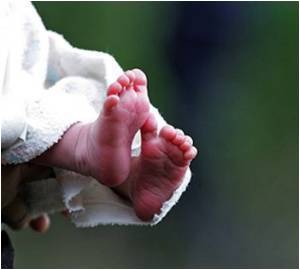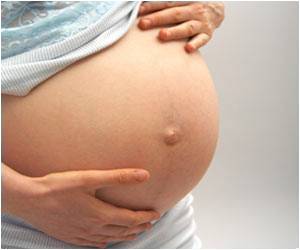
Phillips and his co-authors found three types of evidence linking SIDS to alcohol.
In addition to rising, just like alcohol consumption, more on New Year's than at any other day of the year, SIDS and alcohol consumption also increase every weekend.
And the SIDS death rate is abnormally high for children of alcohol-consuming mothers: Babies of mothers who drink are more than twice as likely to die of SIDS.
The study also found a rise in SIDS just after April 20, a counterculture celebration of cannabis, and after July 4, which is also known as an inebriated time, though the rise on neither of these dates is as dramatic as on New Year's.
To see if parental sleeping-in might be at fault - rather than intoxication itself - the authors also checked to see what happens during the autumn shift to daylight savings, when many sleep later because an hour has been added to the day.
Advertisement
The large datasets contain very little information per case, so "we could not specify the detailed mechanisms and cannot determine whether alcohol is an independent risk factor for SIDS, a risk factor only in conjunction with other factors or a proxy for risks associated with occasions when consumption increases," said Philips.
Advertisement
The findings were published in the journal Addiction.
Source-ANI










